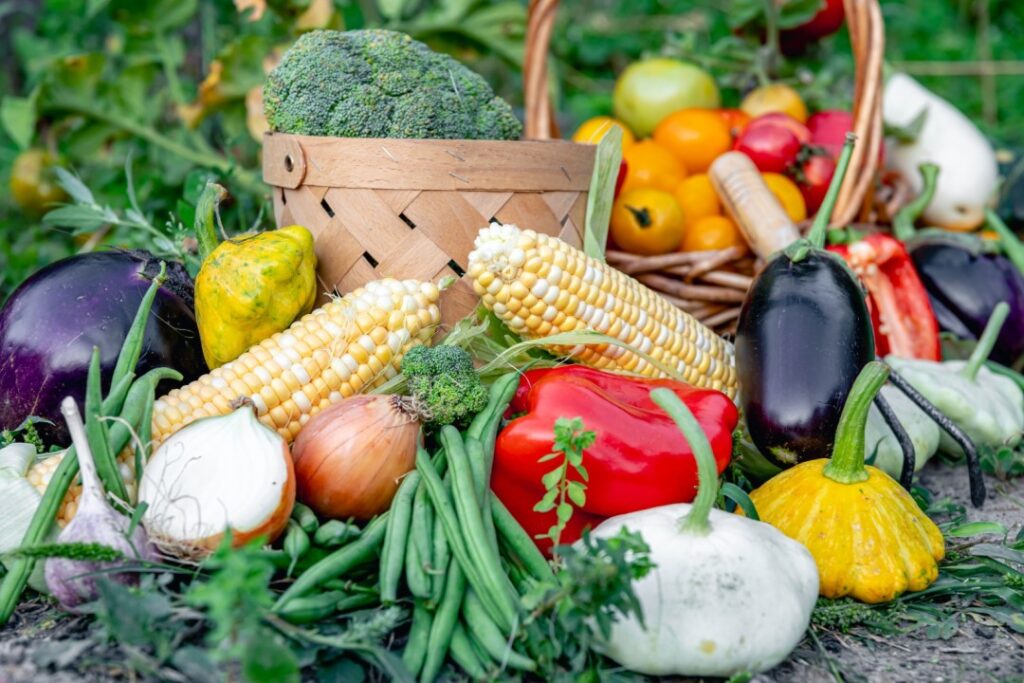Procurement is a cornerstone of modern agriculture, impacting everything from cost efficiency to supply chain resilience. One of the most transformative strategies within this domain is bulk purchasing agreements. These agreements, in which farmers or agricultural organizations collectively procure inputs like seeds, fertilizers, and equipment, have reshaped the industry by optimizing resource allocation and fostering collaboration.
This article examines the concept of bulk purchasing agreements, their benefits, and their transformative role in agricultural procurement. By leveraging insights from global practices and innovations, this comprehensive exploration highlights why bulk purchasing agreements are indispensable for a sustainable and profitable agricultural sector.
What Are Bulk Purchasing Agreements?
Bulk purchasing agreements are arrangements in which multiple buyers, typically farmers or agricultural cooperatives, pool their resources to purchase goods or services in large quantities. These agreements are often facilitated by:
- Cooperatives
- Industry associations
- Government programs
- Private partnerships
Through economies of scale, these agreements secure lower costs, improve supply chain efficiency, and ensure access to high-quality products.
The Importance of Bulk Purchasing in Agriculture
Agriculture depends heavily on the timely and affordable procurement of essential inputs. Challenges like fluctuating prices, supply chain disruptions, and fragmented demand have historically made procurement a complex task for individual farmers. Bulk purchasing agreements address these challenges by:
- Aggregating demand to negotiate better terms with suppliers.
- Simplifying logistics through centralized procurement and distribution.
- Enhancing access to premium products and services.
Benefits of Bulk Purchasing Agreements
1. Cost Savings Through Economies of Scale
The primary advantage of bulk purchasing is cost reduction. By buying in large quantities, farmers can secure discounts from suppliers.
Example: A cooperative of 100 farmers may purchase fertilizers at a 20% discount compared to individual buyers, saving thousands of dollars collectively.
2. Improved Bargaining Power
Farmers often face price disparities due to their lack of negotiating leverage. Bulk purchasing agreements empower them to negotiate favorable terms, including lower prices, better credit terms, and faster delivery.
Example: A regional farmers’ group negotiating a bulk agreement for machinery could secure extended warranties and free maintenance services.
3. Streamlined Logistics
Centralized procurement and distribution simplify supply chain operations. Bulk agreements reduce transportation costs, minimize delivery delays, and ensure uniform quality.
Example: A cooperative managing bulk seed distribution may use a single logistics provider, reducing transportation costs by 30%.
4. Access to Premium Products
Bulk purchasing agreements often enable access to high-quality inputs that individual farmers might find too expensive or inaccessible.
Example: Organic pesticides or advanced irrigation systems may become affordable when procured collectively.
5. Risk Mitigation
Collaborative procurement spreads risks associated with fluctuating prices, supplier defaults, or product shortages.
Example: During a global fertilizer shortage, a bulk agreement ensured that all participating farmers received their share without paying inflated prices.
Case Studies: Bulk Purchasing in Action
1. Dairy Cooperatives in New Zealand
New Zealand’s dairy cooperatives utilize bulk purchasing to procure feed, veterinary services, and machinery. By aggregating demand, they achieve significant cost savings, which are reinvested into farm development and sustainability projects.
2. Government-Supported Procurement in India
In India, the Ministry of Agriculture facilitates bulk purchasing agreements for smallholder farmers through its Farmer Producer Organizations (FPOs). These agreements have lowered costs for fertilizers and seeds by up to 25%, enhancing the profitability of small-scale farms.
3. Equipment Sharing in the United States
In Iowa, a group of farmers established a bulk purchasing agreement for advanced planting equipment. By sharing machinery, they reduced individual capital expenditures while improving operational efficiency.
Challenges in Implementing Bulk Purchasing Agreements
Despite their benefits, bulk purchasing agreements face several hurdles:
1. Coordination Complexity
Pooling resources and aligning the needs of multiple buyers can be logistically challenging.
Solution: Employ digital platforms to streamline communication, order aggregation, and payment processing.
2. Trust Among Participants
Mistrust among participants can hinder the success of collective agreements.
Solution: Establish transparent governance structures and clear terms for participation.
3. Supplier Resistance
Suppliers may be reluctant to offer discounts for bulk agreements due to potential profit margin reductions.
Solution: Demonstrate the long-term value of consistent, large-scale orders to suppliers.
Digital Innovations in Bulk Purchasing
1. E-Procurement Platforms
Digital platforms allow farmers to join bulk purchasing agreements seamlessly. These platforms provide tools for demand aggregation, supplier selection, and order tracking.
Example: Platforms like FarmCrowdy in Africa connect farmers with bulk procurement opportunities, enhancing access to inputs and reducing costs.
2. Blockchain for Transparency
Blockchain technology can improve trust in bulk agreements by ensuring transparent and immutable records of transactions.
Example: A blockchain-based system could track contributions, orders, and deliveries, ensuring equitable distribution.
3. Predictive Analytics
AI-driven analytics can forecast demand and optimize procurement schedules, reducing waste and ensuring timely deliveries.
Example: Predictive models could suggest the best times to purchase fertilizers based on market trends and weather conditions.
Future Trends in Agricultural Procurement
1. Regional and Global Collaboration
Cross-border bulk agreements are emerging as a solution for global supply chain disruptions.
Example: Farmer cooperatives in Southeast Asia are pooling resources to procure equipment from global suppliers, reducing costs for all participants.
2. Integration with Sustainability Goals
Bulk purchasing is increasingly aligned with sustainable agriculture initiatives, encouraging the use of eco-friendly products and practices.
Example: Agreements that prioritize organic fertilizers or renewable energy systems benefit both the environment and farmers.
3. Public-Private Partnerships (PPPs)
Governments and private companies are collaborating to facilitate bulk purchasing agreements, ensuring that even smallholder farmers can access critical resources.
Example: In Africa, partnerships between agritech startups and governments are driving affordable input procurement for rural farmers.
Best Practices for Successful Bulk Purchasing Agreements
- Needs Assessment: Conduct surveys to understand the specific needs and preferences of participants.
- Clear Contracts: Define roles, responsibilities, and expectations to prevent disputes.
- Supplier Engagement: Build strong relationships with suppliers to negotiate better terms and ensure reliable delivery.
- Transparency: Use digital tools to provide real-time updates on procurement processes and financial transactions.
- Education and Training: Equip participants with the knowledge to maximize the benefits of bulk purchasing.
Conclusion
Bulk purchasing agreements are revolutionizing agricultural procurement by empowering farmers, reducing costs, and streamlining operations. As the agricultural industry faces increasing pressures from climate change, market volatility, and resource scarcity, these agreements offer a sustainable and scalable solution.
By fostering collaboration, leveraging technology, and aligning with global sustainability goals, bulk purchasing agreements will continue to play a critical role in the future of agriculture. For governments, cooperatives, and agribusinesses, investing in these agreements is not just a strategic advantage—it is a commitment to the long-term prosperity of the agricultural community.



